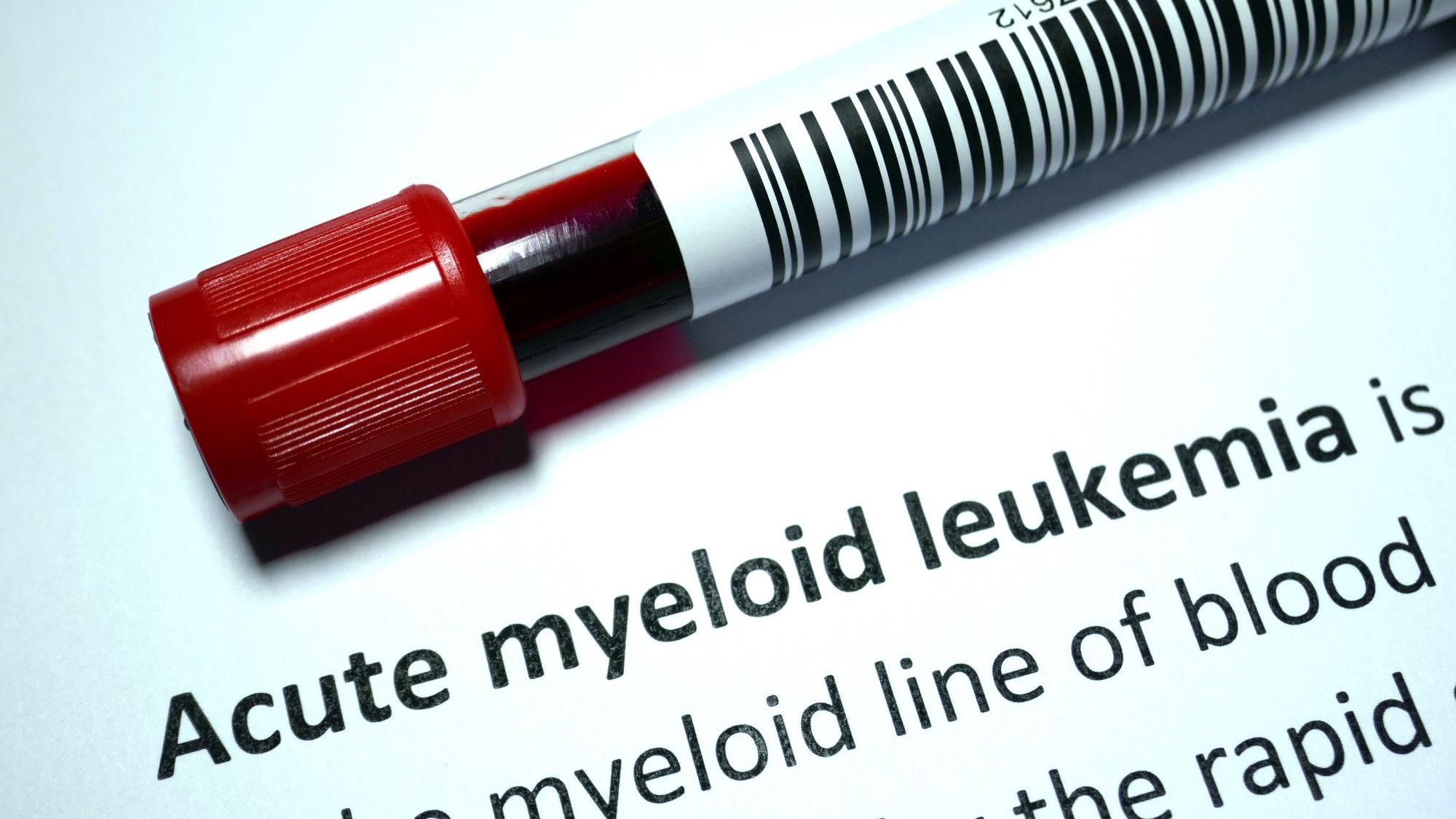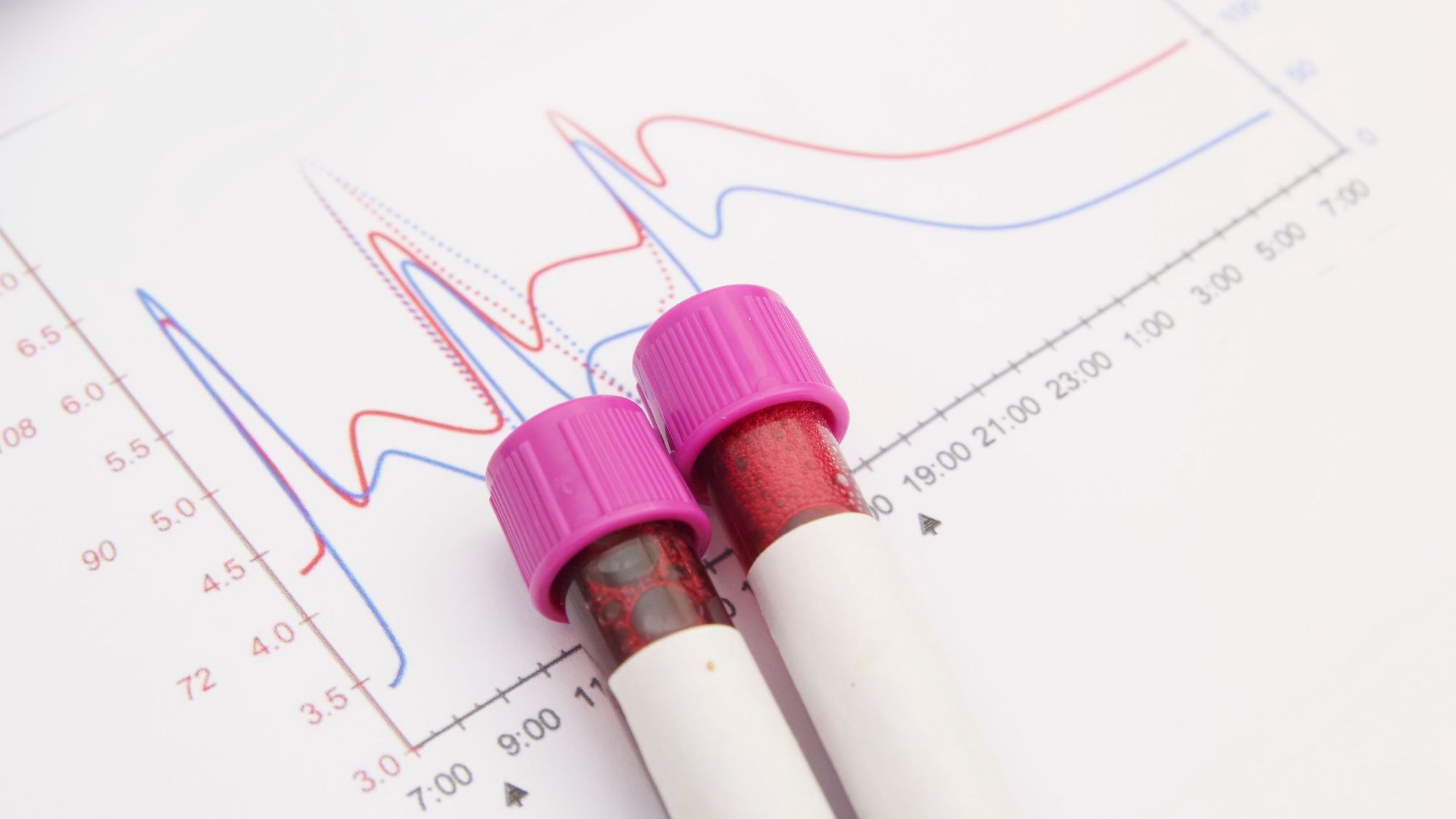
Leukemia is a type of cancer that affects the blood and bone marrow. In general, the number of leukemia-caused deaths saw a decline between 2009-2018, falling by an average of 1.7% each year. However, this accounts for leukemia’s many forms.
It is a complex disease, but with the right knowledge and understanding, navigating it doesn’t have to be. In this brief guide, we will explore the symptoms, causes, and treatment options for leukemia. Cancer is a scary word, but being informed gives you the first move.
Understanding Leukemia: A Brief Overview
Your immune system works around the clock to keep your body healthy and protected against all manner of diseases. A vital part of that system is the white blood cell. Leukemia is characterized by the rapid production of abnormal white blood cells, which crowd out healthy cells in the bone marrow. These abnormal cells, known as leukemia cells, hinder the production of other essential blood cells, leading to various health complications.
Symptoms of Leukemia
Recognizing the Early Signs: In its early stages, leukemia may not cause noticeable symptoms. However, individuals should be vigilant about certain warning signs, such as unexplained fatigue, frequent infections, and easy bruising or bleeding.
Common Symptoms to Watch Out For: As the disease progresses, common symptoms may include swollen lymph nodes, fever, night sweats, bone pain, and unexplained weight loss. Another common set of symptoms is a series of skin conditions, one of them being petechiae, although they could be signs of another ailment entirely. If you experience any of these symptoms, it’s crucial to seek medical attention promptly. Remember, self diagnosing yourself isn’t productive. If anything, it only disturbs your peace of mind.
Causes and Risk Factors
Genetic Predisposition to Leukemia: Some individuals may have a genetic predisposition to develop leukemia. Specific gene mutations can increase the risk of the disease, and individuals with a family history of leukemia may have a higher likelihood of developing it. Do remember that having a higher genetic risk of leukemia doesn’t doom you to an eventual diagnosis, but simply that you might have to be more proactive and mindful of your lifestyle choices.
Environmental and Lifestyle Factors: Exposure to certain environmental toxins, such as benzene and certain chemicals, may contribute to the development of leukemia. Additionally, unhealthy lifestyle habits, such as smoking and excessive alcohol consumption, can increase the risk.
Radiation and Chemical Exposure: High levels of radiation exposure, such as previous radiation therapy for cancer treatment, can be a risk factor for leukemia. Certain chemotherapy drugs used to treat other types of cancer may also increase the risk.
Types of Leukemia
Acute Lymphocytic Leukemia (ALL): This type of leukemia primarily affects children but can also occur in adults. It progresses rapidly and requires immediate treatment.

Acute Myeloid Leukemia (AML): AML is more common in adults and develops rapidly, affecting myeloid cells in the bone marrow.
Chronic Lymphocytic Leukemia (CLL): CLL typically progresses slowly and is more common in older adults. It affects lymphocytes, a type of white blood cell.
Chronic Myeloid Leukemia (CML): CML involves the overproduction of myeloid cells and usually progresses slowly in its initial phase.
Diagnosing Leukemia

Blood Tests and Bone Marrow Biopsy: If leukemia is suspected, a series of blood tests and a bone marrow biopsy will be conducted to confirm the diagnosis and determine the type and subtype of leukemia.
Genetic Testing for Leukemia Subtypes: Genetic testing plays a crucial role in identifying specific gene mutations associated with certain types of leukemia. This information helps in tailoring treatment plans for better outcomes.
Treatment Options
Chemotherapy: Chemotherapy is often the first-line treatment for leukemia. It involves the use of powerful drugs to kill or inhibit the growth of leukemia cells.
Targeted Therapy: Targeted therapy focuses on specific molecules involved in leukemia cell growth, reducing harm to healthy cells.
Radiation Therapy: Localized Treatment: Radiation therapy may be used to target and destroy leukemia cells in specific areas, such as the spleen or brain.
Stem Cell Transplantation: For some cases of leukemia, stem cell transplantation allows for the replacement of diseased bone marrow with healthy stem cells.
Immunotherapy: This treatment enhances the body’s immune response to recognize and attack leukemia cells more effectively. It’s a new procedure garnering interest from the medical community as offering potential hope even for advanced cancer patients.
Coping With Leukemia
Treatments from chemotherapy may cause side effects such as nausea, hair loss, and fatigue. None of these are simple to face head on, but working closely with healthcare providers can help you manage these challenges. Regardless, even upon the moment of hearing the initial diagnosis, life can completely change for you.
It’s only natural to feel at a loss, anxious, or completely overwhelmed. Don’t be ashamed to seek out emotional support, or if you’re helping a friend or family member cope with their diagnosis – reach out and offer a shoulder to lean on. The mind is just as important to heal as the body, and in some cases, there is some actual credence to the phrase – mind over matter.
Awareness, Your First Line of Defense
We couldn’t stress this enough – early detection through regular medical check-ups significantly improves treatment outcomes. To first make that choice to screen yourself requires awareness and the courage to become proactive.
The good news is, you don’t have to wait until symptoms show up. You can take control of the variables by understanding your genetic blueprint with a CircleDNA test. Assessing your leukemia and other cancer risks is just the start – you can also craft a lifestyle of health and proactive prevention through custom meals, workouts, and daily routines that cater to you.






